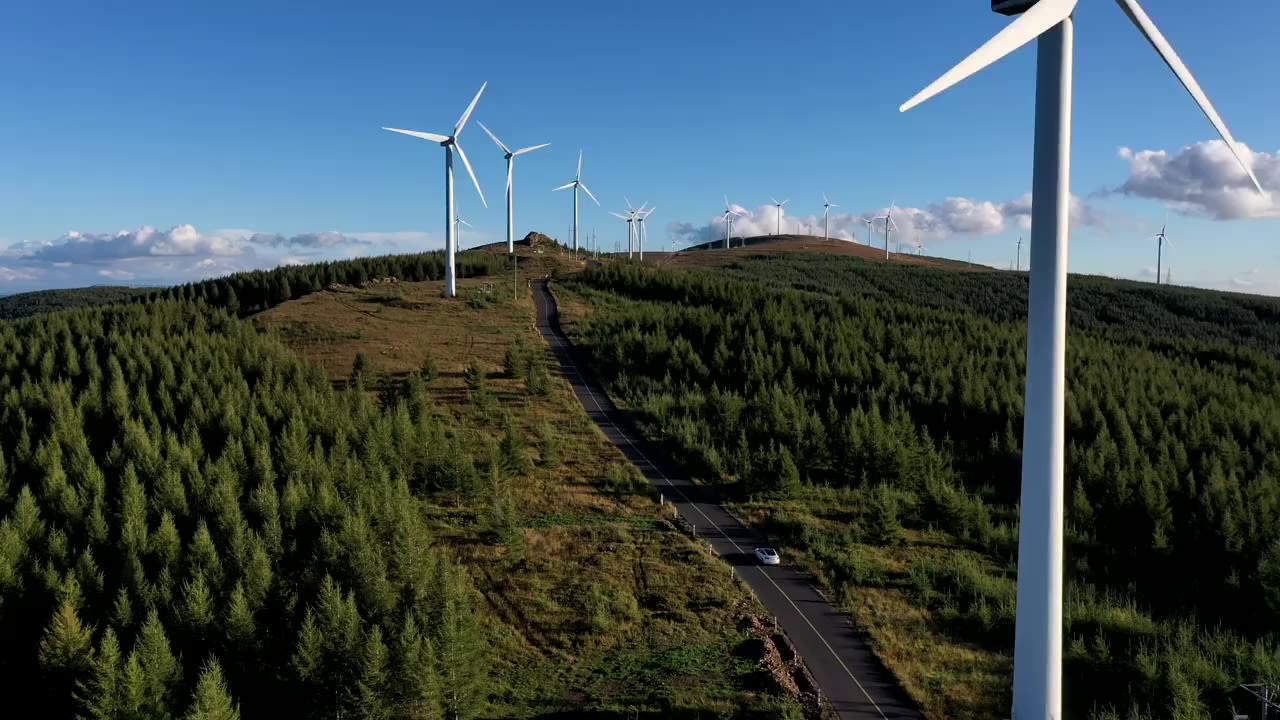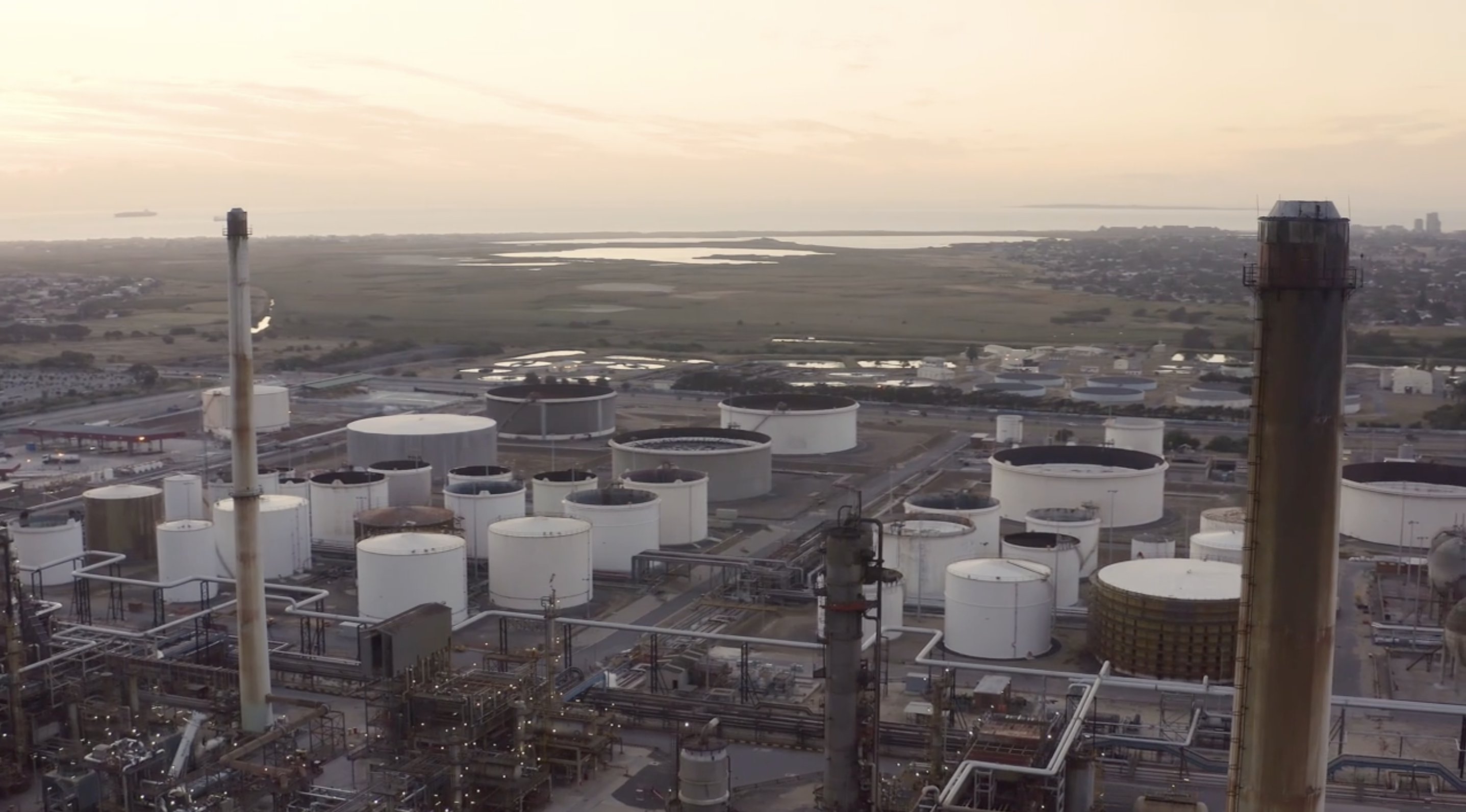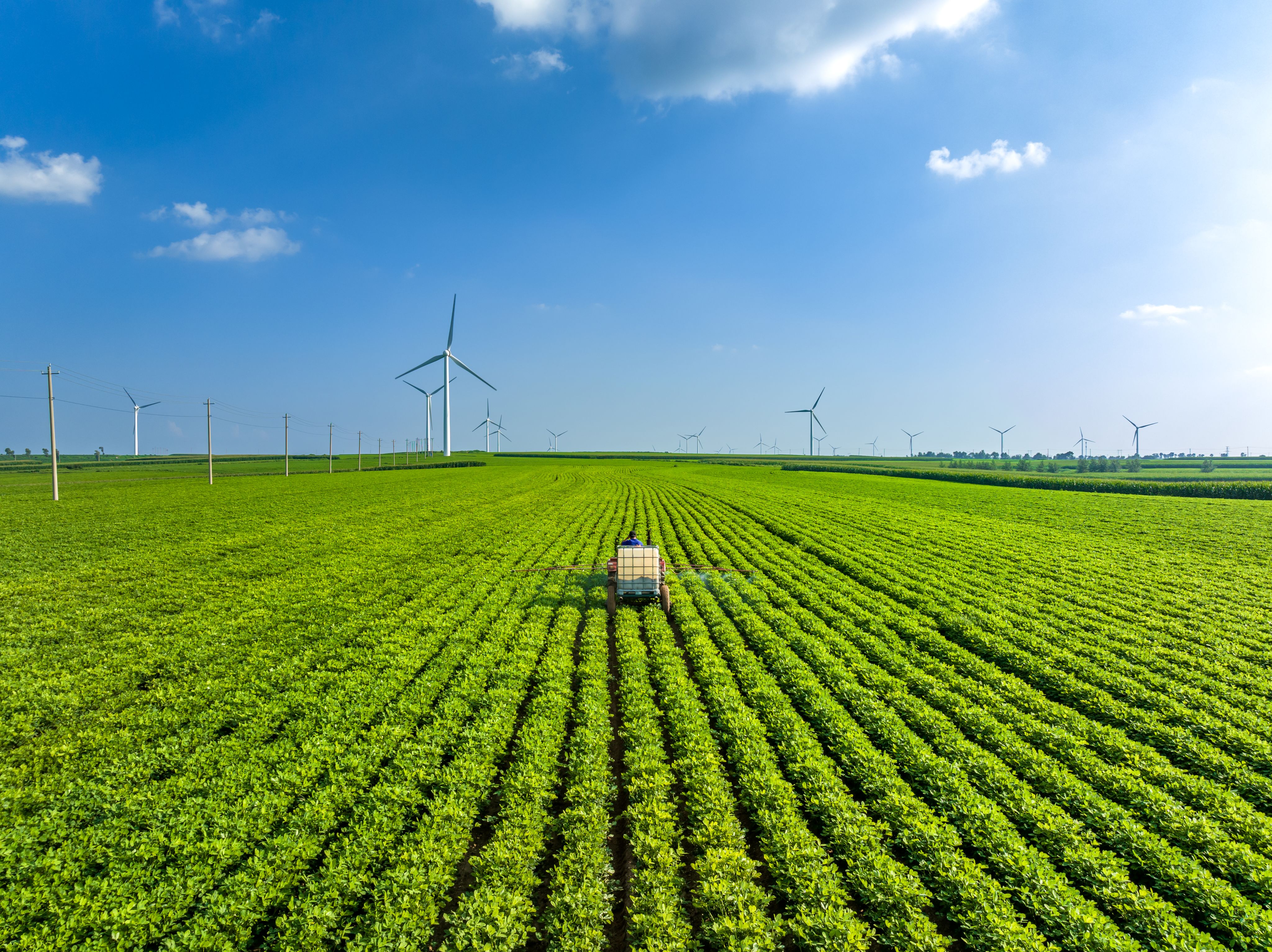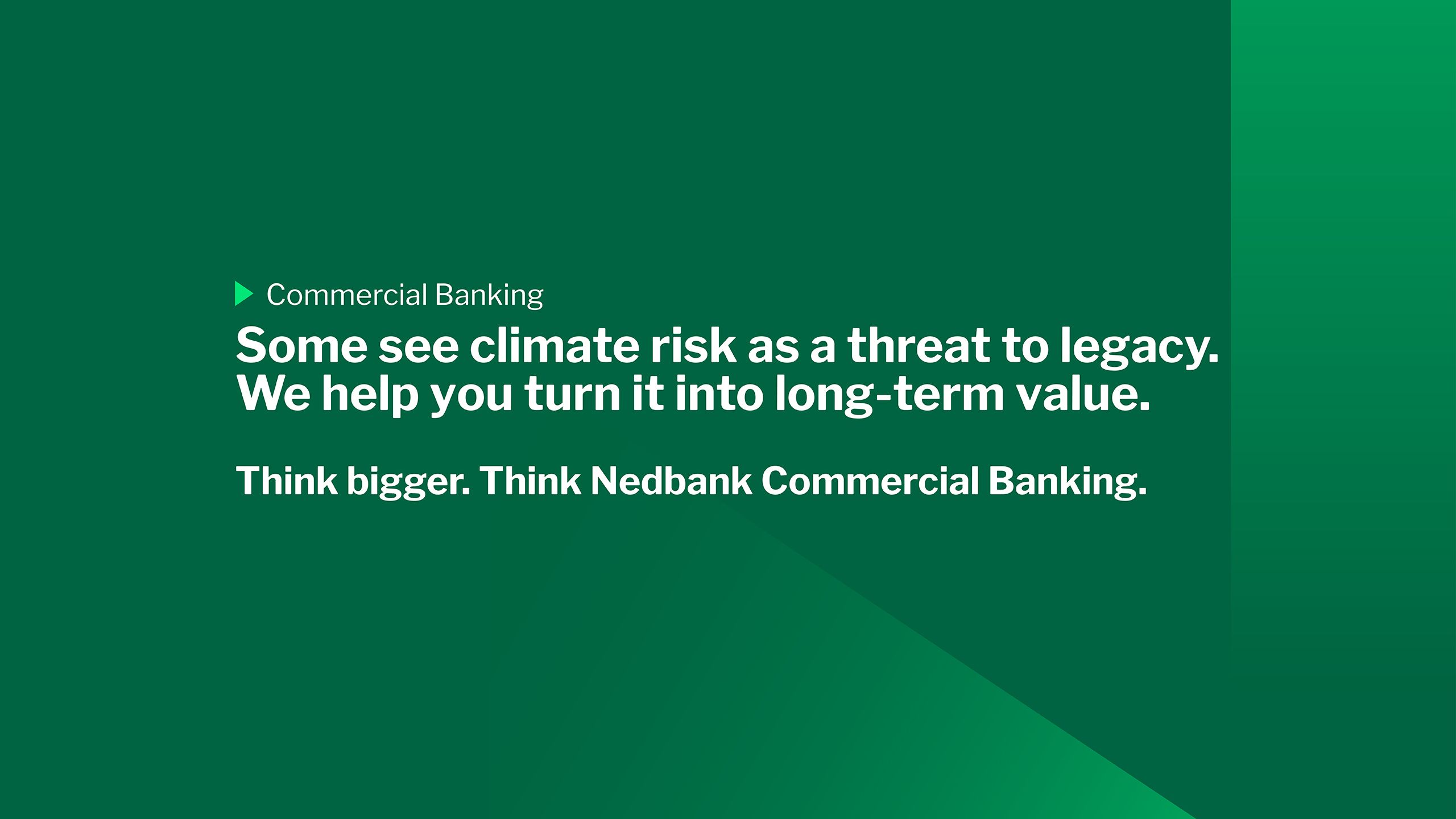Climate Resilience in Action

From survival to leadership: SA manufacturing’s reinvention imperative
South Africa’s manufacturing sector is facing a pivotal moment, with R27.4 billion worth of exports to Europe at immediate risk from new carbon regulations. The industry, which contributes 13% to the country’s gross domestic product (GDP) and employs over 1.6 million people, must choose between transformation and market exclusion.
Amith Singh, National Manager for Manufacturing at Nedbank, explains: "The South African manufacturing sector has, for too long, been characterised by its resilience in the face of shocks. In recent years, this resilience has been tested by energy instability, port inefficiencies, geopolitical headwinds, and supply chain disruptions."
However, Singh warns that resilience alone is no longer sufficient. “As we head into September, resilience by itself is not enough. The moment calls for reinvention, grounded in an understanding of the shifts reshaping the global and domestic landscapes.”

Why businesses must future-proof against climate change
South African businesses are sitting on a ticking time bomb. As extreme weather events intensify and climate-related costs increase, companies that fail to future-proof their operations face an existential threat to their survival.
The economic and operational risks of climate change have become defining challenges for businesses worldwide. Increasingly severe weather events, heatwaves, floods, and droughts caused global economic losses of $310 billion in 2024.
African countries are bleeding 2–5% of their GDP annually to climate disasters, while many governments divert up to 9% of their budgets to respond to these emergencies.

How South Africa’s farmers can grow profitability through sustainability
South Africa’s agricultural sector continues to outperform expectations.
But as Daneel Rossouw, Head of Sales for Nedbank Agriculture, points out, resilience alone isn’t enough to sustain that growth. “Farmers face a dual challenge, staying profitable while protecting the natural resources that underpin their success,” he says.
“It’s about understanding the finite capacity of natural resources and using them strategically to increase production. A balanced, long-term approach strengthens both the business and national food security.”

Nedbank urges medium-sized businesses to accelerate sustainability efforts
South African businesses are no strangers to disruption. Although the electricity supply has stabilised, deeper structural challenges are emerging.
Global decarbonisation demands, water constraints, and tightening trade requirements are forcing companies to rethink how they operate. A survey by SAGE, the International Chamber of Commerce, and PwC UK found that 70% of South African SMEs view sustainability as a priority, yet only 4% report on their actual impact.
Kudzayi Mazikana, Head of Sustainability at Nedbank Business and Commercial Banking, warns that this gap between intention and implementation is risky. 'Businesses that delay transition planning risk higher costs, missed opportunities, and possible exclusion from global value chains."

Nedbank Commercial Banking enables our partners with the products and services they need to sustain their businesses in ways that are commercially sound, yet sustainable and supportive of the economy and the people who rely on it for their livelihoods.


